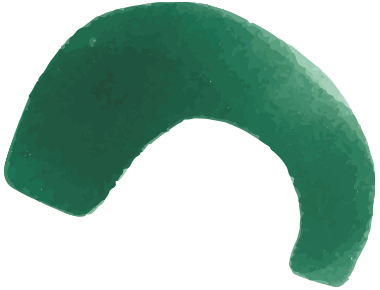Doctor’s Plaza S2GCH, Muthaiga, Nairobi
+254 722 519 863Email: executive@gerties.org
Monday - Friday: 9:00am - 4:00pmSaturday - Appointment Only
True or False? Childhood sickness is a normal part of growing up.
If you said True, you’ve probably realized that a certain amount of illness is to be expected and is not necessarily a cause for alarm. Catching colds and other minor illnesses, in fact, are a part of growing up that will help your child’s immune system become stronger and stronger as time goes on.
If you have a child younger than two, you may feel worried that he or she is constantly sick—but it’s completely normal for children of this age to have as many as 10 illnesses of one type or another every year. After 24 months, the frequency of minor illnesses will probably taper off until your child starts school, flare up again, and then finally settle down to only a few times a year.
Even though it’s perfectly normal to get sick, a cold can be extremely uncomfortable and distressing for little ones, especially babies, and may require a pediatrician’s attention. You will also want to schedule an appointment to see the doctor if your older child or teenager has a sickness that seems to be more than a slight cold, to rule out the possibility of more serious illness.
Malaria is not an illness that usually affects Nairobi residents. Nevertheless, parents should know the symptoms and be alert to them, especially following travel to malaria-prone warmer areas of the region or to other tropical countries. Your doctor will prescribe appropriate malaria-preventative medications and other measures before you travel. If your child has fever and you suspect malaria (or even if you don’t—a child can have malaria and a cold or flu at the same time), don’t delay booking an appointment for immediate testing.
Additional urgent illnesses and situations do come up from time to time. Please contact Muthaiga Pediatrics IMMEDIATELY if you encounter any of the following:
If you’re not sure whether to come in, during office hours please phone our office and ask to speak with one of our trained nurses for immediate advice. If your child becomes ill after office hours, please phone our doctor on call, who will advise you.




When calling after hours with an urgent situation, be sure to have important details and information ready for the doctor. These include:
Most aspects of parenting are common sense, but acquiring the skills to effectively manage your family’s childhood illnesses takes time. If you are ever unsure of what to do to help your sick child, do not hesitate to call Muthaiga Pediatrics. Our staff is here to empower you as you grow your parenting and childcare skills. You’ll find we’re always ready to lend a listening ear and assist with practical advice or medical care.
